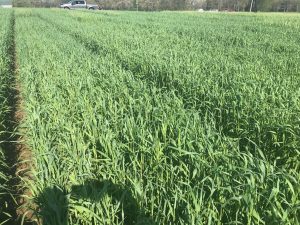
Photo by Brook Wilke.
A recently published article based on a multi-year study aims to help growers and distillers select the best rye varieties for Michigan crops.
A team of scientists at Michigan State University, including Brook Wilke, associate director of agronomy for the W.K. Kellogg Biological Station’s Long-term Agroecology Research site, among others, has been evaluating cereal rye varieties at three different Michigan locations since the fall of 2019 to determine what varieties are best suited for end use in distilled spirits.
About the project
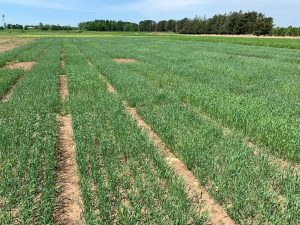
Photo by James DeDecker.
In research plots at KBS in Hickory Corners and at sites in the Upper Peninsula town of Chatham and in Gratiot County, more than 20 varieties were evaluated for attributes including yield, protein content, spirit yield, and flavor, managed with either normal or enhanced practices. A report summarizing two years of trials details some of the findings.
The next steps in the ongoing project are to produce a subset of these rye varieties in larger quantities at multiple locations to facilitate higher volume spirit production, allowing professionally trained tasting panels to evaluate specific flavor profiles of unique varieties grown in different locations.

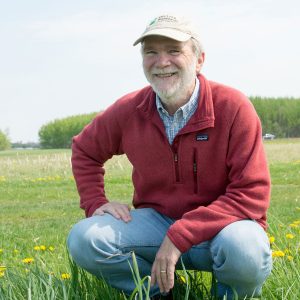


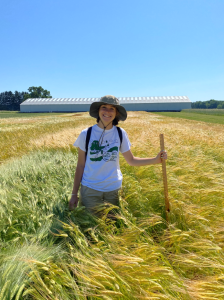
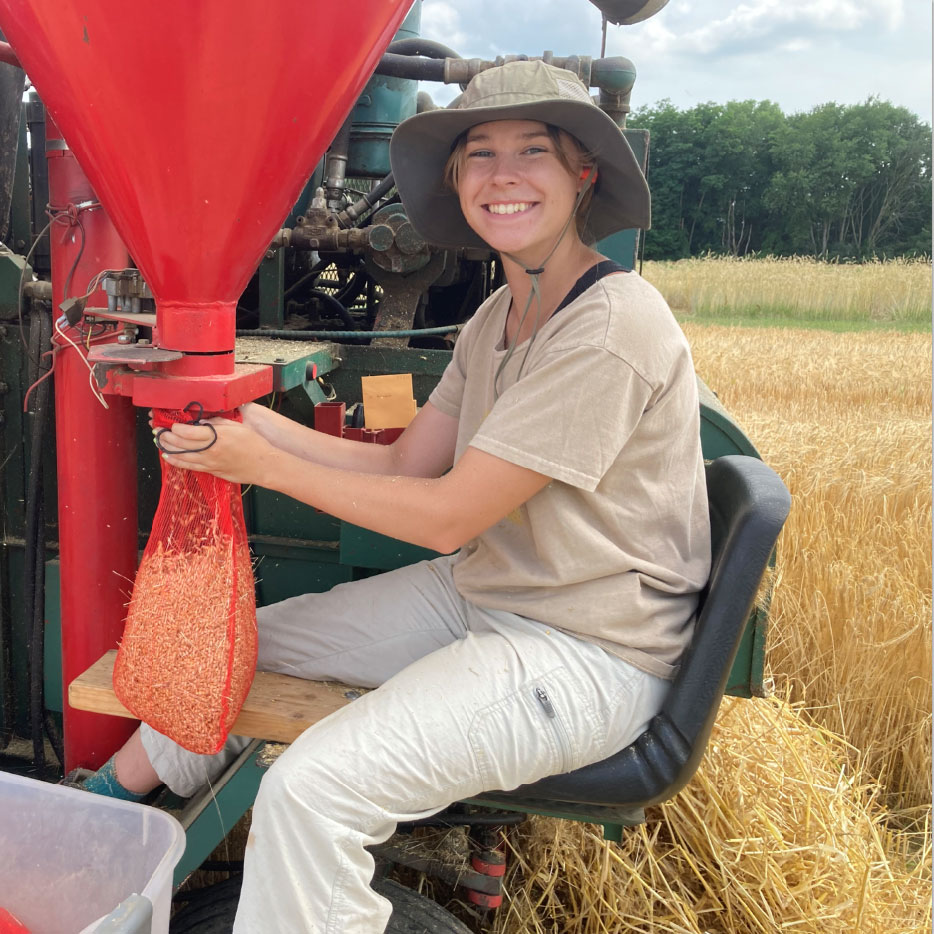
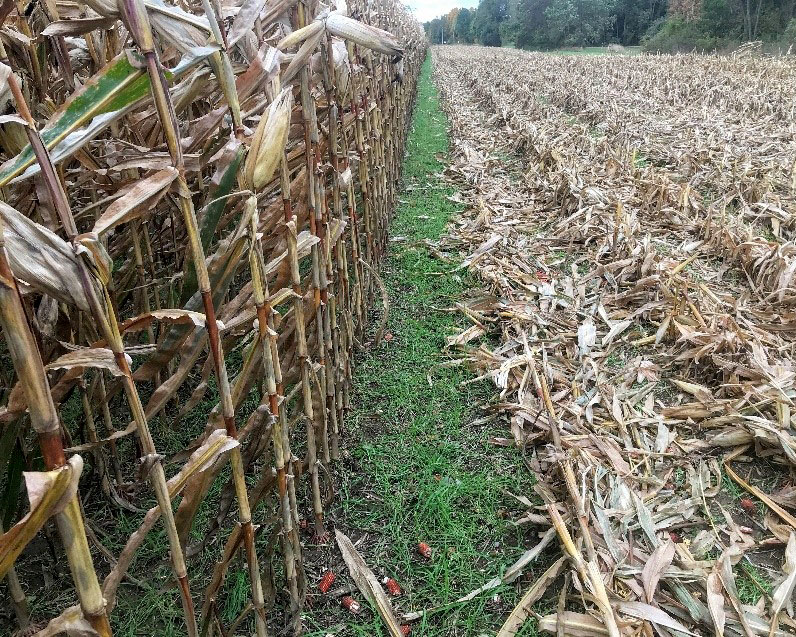
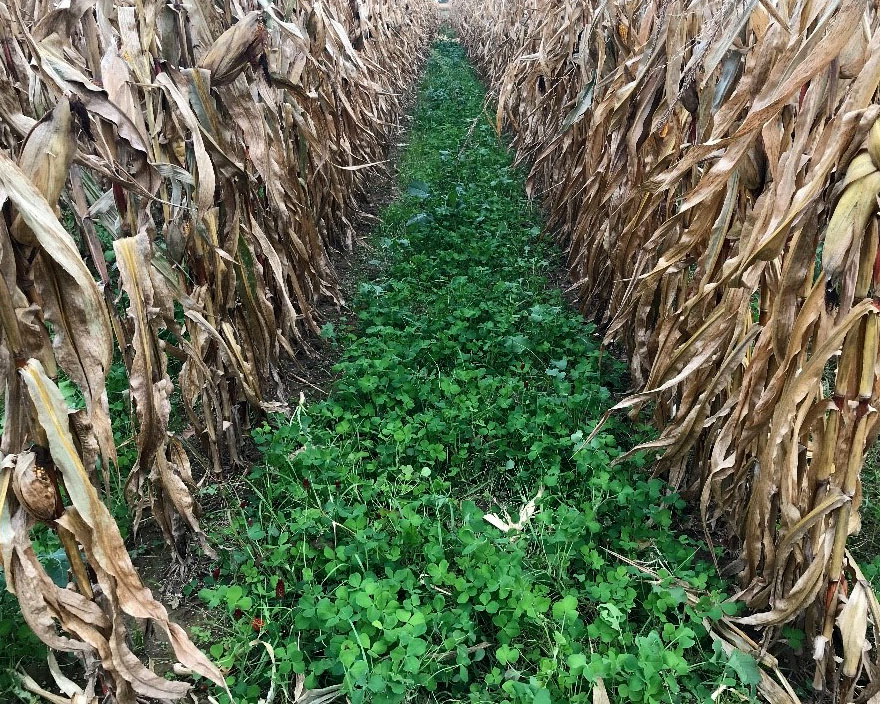
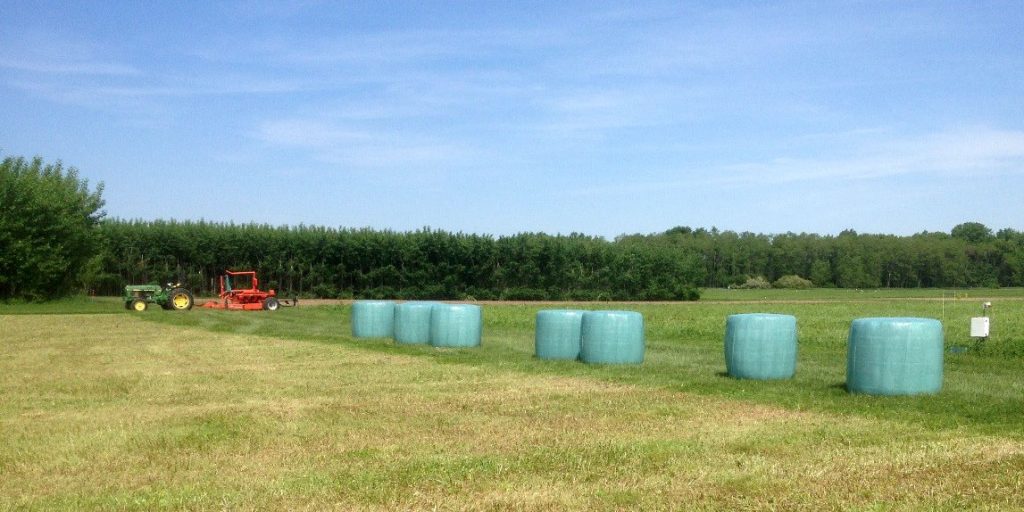
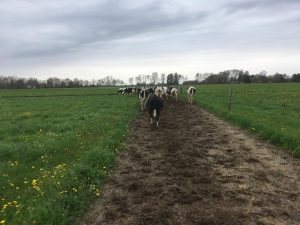 Center every year. As we pass the spring equinox, our focus turns to calving, hauling manure, prepping fields for planting, and everything else that comes with spring. Fencing sometimes becomes an afterthought until it’s an absolute necessity because the cows are leaving the barn tomorrow.
Center every year. As we pass the spring equinox, our focus turns to calving, hauling manure, prepping fields for planting, and everything else that comes with spring. Fencing sometimes becomes an afterthought until it’s an absolute necessity because the cows are leaving the barn tomorrow.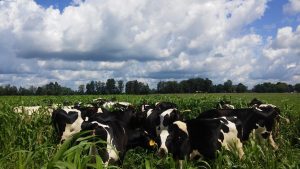 roots to maximize nutrient and water uptake, no need for replanting, tolerance, or even benefit from, grazing the biomass, weed suppression, etc. I could go on and on regarding the benefits of these perennial plants, but there are times when annual crops might provide some unique benefits for graziers.
roots to maximize nutrient and water uptake, no need for replanting, tolerance, or even benefit from, grazing the biomass, weed suppression, etc. I could go on and on regarding the benefits of these perennial plants, but there are times when annual crops might provide some unique benefits for graziers.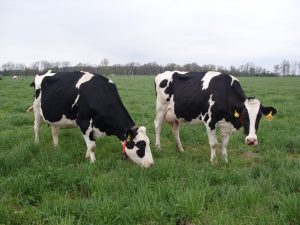 The Kellogg Farm and Michigan Food and Farming Systems (MIFFS) are partnering to start a regional chapter of the Dairy Grazing Apprenticeship (DGA) program, servicing Michigan, northern Indiana and northwestern Ohio. A kick-off meeting was held at the MSU. W.K. Kellogg Biological Station (KBS) in Hickory Corners on February 26th to introduce the DGA program and provide information on how to become a Master Dairy Grazier and the benefits it could bring to dairy farms.
The Kellogg Farm and Michigan Food and Farming Systems (MIFFS) are partnering to start a regional chapter of the Dairy Grazing Apprenticeship (DGA) program, servicing Michigan, northern Indiana and northwestern Ohio. A kick-off meeting was held at the MSU. W.K. Kellogg Biological Station (KBS) in Hickory Corners on February 26th to introduce the DGA program and provide information on how to become a Master Dairy Grazier and the benefits it could bring to dairy farms.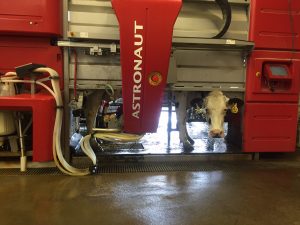 Sustainability in the Michigan dairy industry
Sustainability in the Michigan dairy industry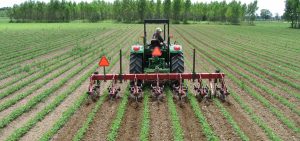
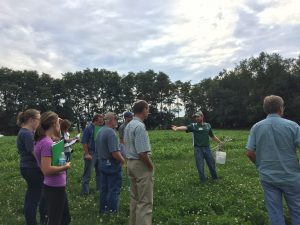 Farmers are planners. They are always thinking about the future. Even though many farmers may not love to use this word, sustainability is a huge part of how they operate and run their agriculture system. By rotating crops like corn and soybeans, they can help restore the nutrients that may have been lost within the soil and rebuild the soil health. Farmers want to be able to maximize the land they are using in an efficient way so they can count on long-term use of the land and work to create higher yields. They are also thinking about what has to be done next on the farm to make sure all the operations are running efficiently and not wasting time or money.
Farmers are planners. They are always thinking about the future. Even though many farmers may not love to use this word, sustainability is a huge part of how they operate and run their agriculture system. By rotating crops like corn and soybeans, they can help restore the nutrients that may have been lost within the soil and rebuild the soil health. Farmers want to be able to maximize the land they are using in an efficient way so they can count on long-term use of the land and work to create higher yields. They are also thinking about what has to be done next on the farm to make sure all the operations are running efficiently and not wasting time or money.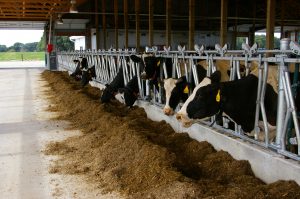 have a hard or rough exterior, but they really care about the animals and crops they are raising. Farmers put a lot of their time and energy into making sure animals are properly cared for and that crops are growing well with the resources they have. The last thing they want people to think is that they are destroying the environment or treating animals unfairly.
have a hard or rough exterior, but they really care about the animals and crops they are raising. Farmers put a lot of their time and energy into making sure animals are properly cared for and that crops are growing well with the resources they have. The last thing they want people to think is that they are destroying the environment or treating animals unfairly.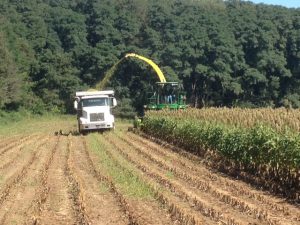 Lastly, another characteristic I’ve discovered is that farmers are wise. Even 30-year veteran farmers know how to apply their knowledge to the ever-changing world around them. This information can include anything from crops, soil, the equipment, and they gladly share this knowledge with others. No matter what their age, they will teach you a lot about working on a farm. I had very little clue about how to drive a tractor before this summer and now I’m able to help rake and clip pastures because they were willing to teach me and pass on some of their knowledge to me! If you’re curious about something within the field of agriculture, ask a farmer! Most of the time, they’re more than happy to talk to you about your curiosity and will probably even invite you out to their farm for you to see firsthand.
Lastly, another characteristic I’ve discovered is that farmers are wise. Even 30-year veteran farmers know how to apply their knowledge to the ever-changing world around them. This information can include anything from crops, soil, the equipment, and they gladly share this knowledge with others. No matter what their age, they will teach you a lot about working on a farm. I had very little clue about how to drive a tractor before this summer and now I’m able to help rake and clip pastures because they were willing to teach me and pass on some of their knowledge to me! If you’re curious about something within the field of agriculture, ask a farmer! Most of the time, they’re more than happy to talk to you about your curiosity and will probably even invite you out to their farm for you to see firsthand.
10461 N. 40th St.
Hickory Corners, MI 49060
(269) 671-2402
kelloggfarm@kbs.msu.edu